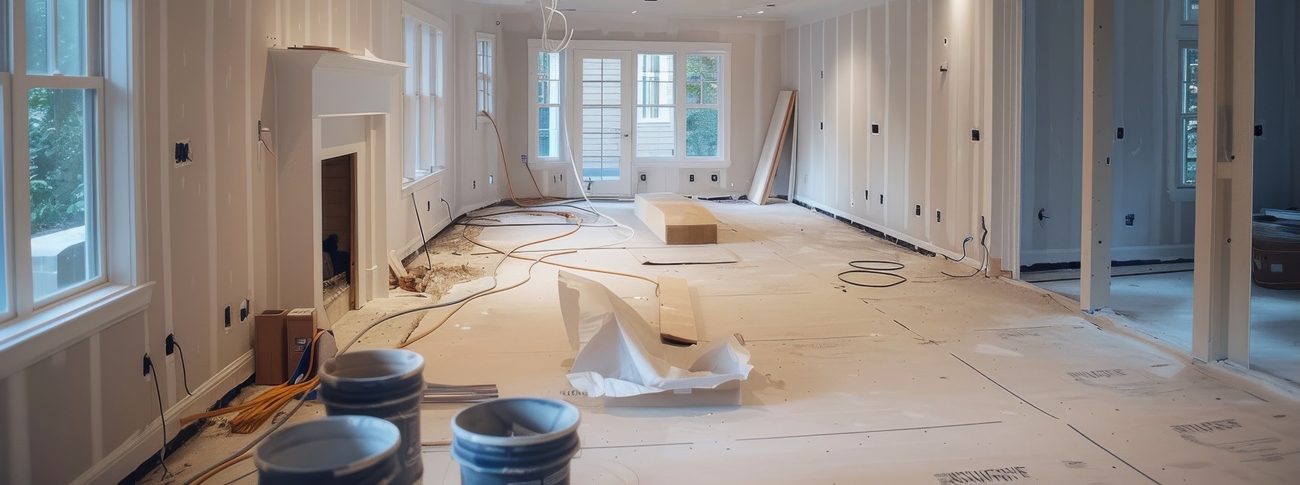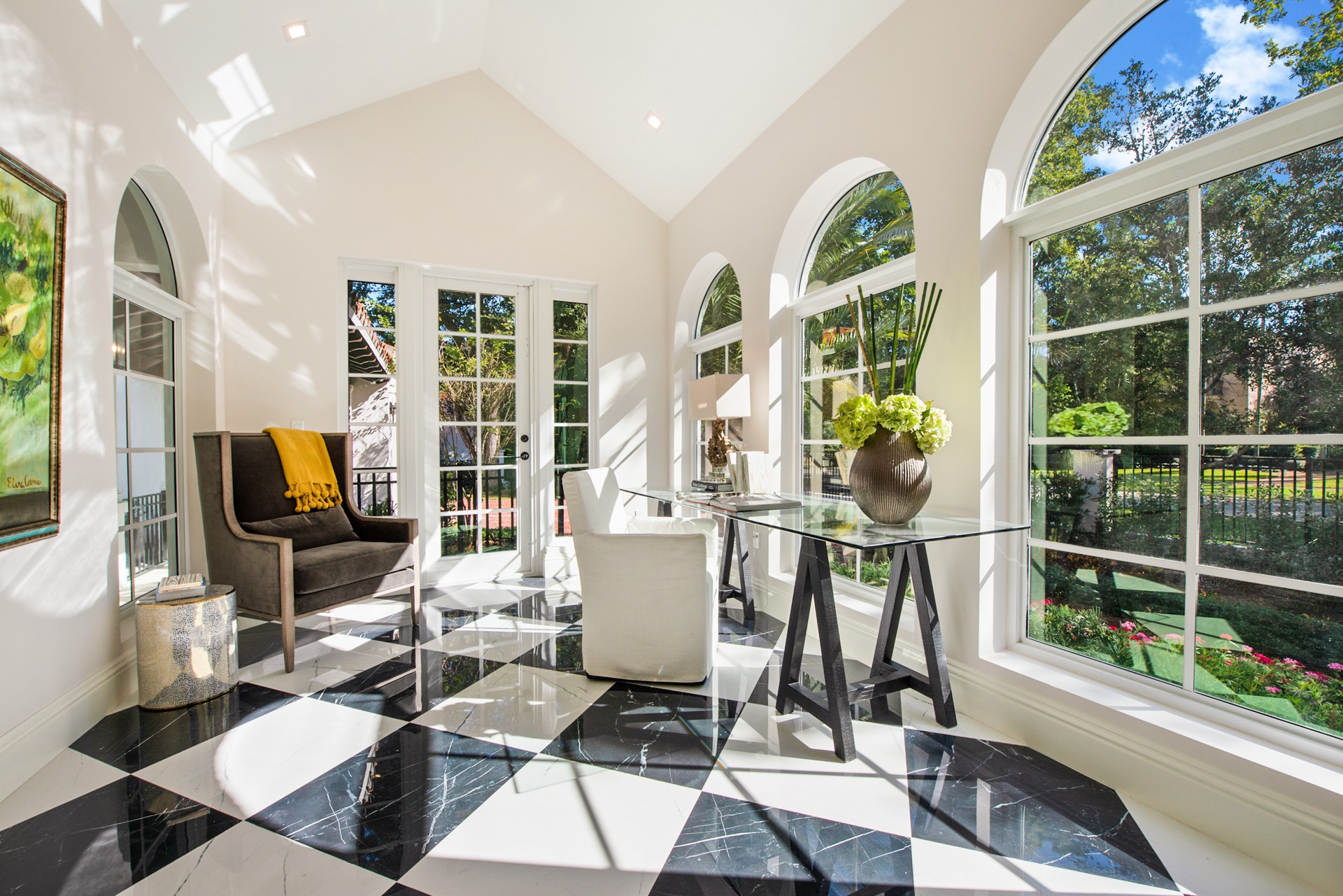For decades, South Florida has attracted real estate buyers and investors from around the globe. The balmy weather, the warm ocean water and the eclectic culture have shaped the region’s international allure. Becoming a homeowner or investing in real estate here, however, is easier said than done. Foreigners face a complicated system of regulations to heed and government agencies to report to that has little, if any, similarities to their home countries’ ways of doing business. The process can easily be overwhelming without the advice and guidance of experienced real estate and finance professionals.
Luis R. Fernandez, who heads the LRF Group at Brown Harris Stevens, is among those realtors who regularly assist foreign nationals in their real estate transactions in South Florida. Haute Residence talked to Fernandez about what it takes to represent international buyers and investors, about the slew of considerations that make up a real estate decision, as well as about the domestic and foreign political and economic circumstances that impact deals.
Where do international buyers in Miami come from?
The top five groups are Venezuela, Brazil, Columbia, Argentina, and Canada.
Have nationalities shifted throughout the years?
Yes. The cyclical political and economic swings may vary, year to year, our main feeder markets, which are still primarily Latin America.
How many foreign nationals have purchased properties in South Florida last year?
Foreign buyers purchased $6.2 billion of South Florida residential properties in 2016, up from $6.1 billion a year ago, according to the MIAMI and NAR report.
Recent data shows that the number of tourists to the US has fallen in 2017 and some attribute it to the new administration. How has the current political climate affected the number of foreigners who are seeking to purchase or invest in properties?
I believe in the beginning there was a backlash due to the perceived anti-immigration rhetoric coming from the White House. However, over time the world is seeing that this administration is pro-business and the passing of the tax bill, and the massive deregulation of many of our industries is convincing the globalist investors that the US is open for business. The caveat is finding an amical resolution to NAFTA.
What are some of the intricacies of real estate in Miami metro area that foreigners are not necessarily familiar with but need to know?
Foreigners can borrow when purchasing property in the US as much as 50% of the sale price. Transparency is a prerequisite when purchasing specifically if it’s a cash transaction. Financial Enforcement Network requires title insurance firms to identify the person behind shell corporations when purchasing cash in Florida for homes more than $1 million. Foreigners are also subject to property taxes as US citizens.
When foreigners are looking to invest in Miami’s real estate, what laws and regulations should they definitely consider?
I would advise the client to consult a Certified Public Accountant to instruct and guide them on the latest federal laws affecting foreign nationals. One main thing to consider is the Capital Gain Tax. The IRS requires foreign nationals to file a tax return on the sale of the property. Utilizing 1031 Exchange may be an option to defer capital gain. Investors must comply with FIRPTA requirements. Knowing your residency status for tax purposes is important. One can be taxed for US income tax purposes either as a resident or non-resident. Residents are required to report their worldwide income to the US taxing authorities. Non-residents are required to report only income arising in the US.
You have worked with international buyers/investors in Miami for a long time. How is this different from working with a local or a US citizen/resident?
Foreign buyers, for the most part, purchase properties in cash and more of them than local US consumers per dollar basis in South Florida. They prefer condominiums and localities catering to vacation destinations such as Miami, the beaches and the Orlando area.
In your experience, what are the usual cultural misunderstanding that arise when working with people from disparate backgrounds?
Simply, it boils down to enlighten them that the way they are accustomed to doing things in their native country is not the same here in the United States. The steps and process are more complicated and the protocols cannot be disregarded.
How do you see 2018 in terms of foreigners’ real estate transactions in South Florida?
I see this trend improving although our traditional feeder (Central and Latin America) markets may change.
Luis R. Fernandez is the exclusive agent representing the Pinecreast and South Miami, Florida real estate market as a member of the Haute Residence Real Estate Network. View all of his listings here.




